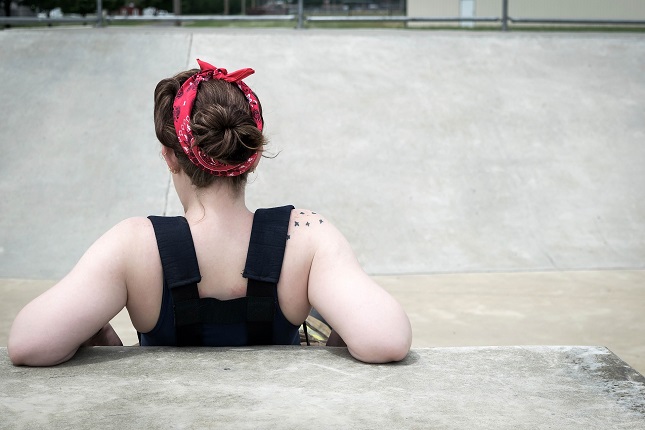Recovering from Drug Abuse and The Risk of Relapse
If someone you love is recovering from drug abuse, you’re probably concerned about the risk of relapse. It can be hard for people who have never dealt with substance abuse and addiction to understand why an individual would go back to drinking or using after working so hard on their recovery. Addiction is a complex condition, and it requires a lifelong effort to stay sober.
Relapse in Drug Addiction Recovery
More than 50 percent of people who have completed drug or alcohol addiction programs end up sliding back into addictive behavior at some point. Your loved one will need your support if they relapse, but you may not know the best way to help. Here are some tips for dealing with a relapsing friend or family member, as well as a few mistakes to avoid.
How to Deal When Someone You Love Relapses

Support Their Recovery from Drugs and Alcohol By Staying Calm
It’s easy to panic or get angry when a loved one suffers a relapse, but staying calm is essential. A relapse doesn’t have to signal the end of the person’s recovery efforts–they still have all the knowledge and coping skills they learned at the recovery center. Try to collect your thoughts and figure out how you can best support them.
Take Care of Your Loved One Recovering from Drug Abuse by Taking Care of Yourself
Watching a loved one relapse can be devastating, and it’s easy to let your own wants and needs go in the process. It’s essential that you take care of yourself and deal with the complicated feelings that come with the situation. Make sure you’re getting enough exercise and sleep and try to keep your stress levels in check. You may want to join a support group for families who have been affected by addiction, or you might try counseling.

Don’t Play the Blame Game
You might find yourself blaming yourself or blaming your loved one for the relapse, but pointing the finger of blame isn’t going to help the situation. If your loved one recently completed treatment, you may want to blame the addiction center, but nobody is truly at fault. Addiction is a disease with a chronic, relapsing nature, and it’s more constructive to avoid blame and focus on being there for your loved one.
Guide Them With Addiction Support
It’s important to help your loved one get back on track by making sure they have the right level of addiction support. Counseling sessions, support groups, and 12-step programs are all excellent resources that can help a person stick to their recovery efforts after a relapse. In some cases, more intensive treatment is necessary, and a person may need to go through the process of addiction withdrawal again. You can speak to addiction professionals at drug addiction treatment centers to discuss your loved one’s case and help determine the best therapy for substance abuse.
Remember: Relapse From Drugs or Alcohol Abuse is Not Failure
Relapse is a part of many people’s addiction journey, but it doesn’t mean that their recovery has been derailed for good. Addiction is like many chronic diseases: Sometimes more than one round of treatment is needed. With your support and the appropriate resources, they can put a plan of action into motion and get back on the path to recovery.



 Call
Call Text
Text